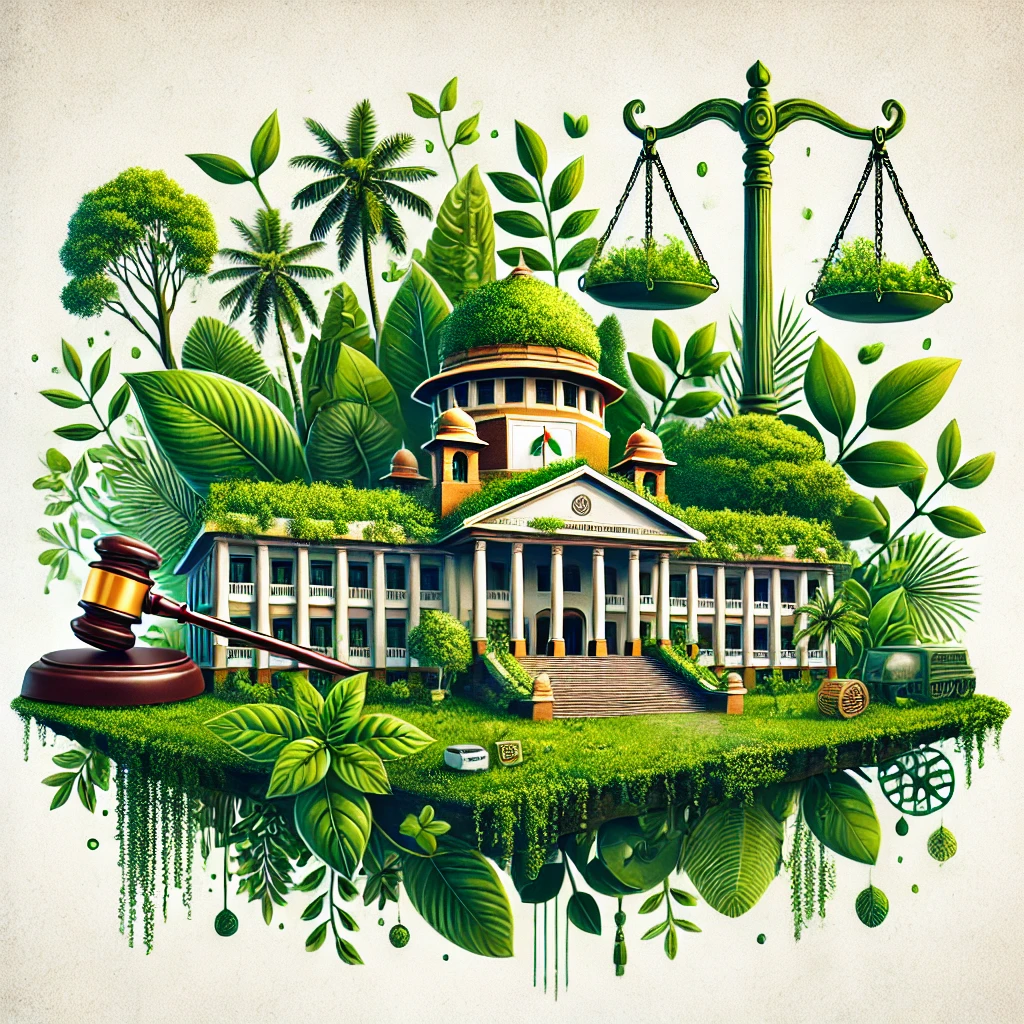Environmental laws at Palestine
The environmental legal framework in Palestine is shaped by the unique political and territorial situation of the region, which is split between the West Bank, Gaza Strip, and East Jerusalem. The Palestinian Authority (PA) governs parts of the West Bank, while Gaza is controlled by Hamas. Due to the Israeli occupation and political divisions, the development and enforcement of environmental laws in Palestine face many challenges. However, there are various laws, regulations, and initiatives that focus on environmental protection in Palestine.
Here is an overview of the environmental legal framework in Palestine:
1. Environmental Protection Law
The Palestinian Environmental Law (No. 7/1999) is the primary legal instrument for environmental protection in the West Bank and Gaza Strip. This law sets out general principles for environmental protection, aiming to promote sustainable development, conserve natural resources, and reduce pollution.
The law establishes the Palestinian Environmental Quality Authority (PEQA) as the key governmental body responsible for environmental protection. The PEQA is tasked with implementing the law, regulating pollution, and coordinating environmental policies and strategies.
2. Environmental Impact Assessment (EIA)
The Environmental Impact Assessment (EIA) Law requires an environmental assessment for major projects that could significantly affect the environment. This includes infrastructure projects like roads, factories, and large developments.
The goal of the EIA process is to identify the environmental impacts of projects before they are carried out and to propose measures to mitigate potential harm.
3. Waste Management and Pollution Control
The Solid Waste Management Law (No. 11/2002) in Palestine regulates the collection, transportation, and disposal of solid waste. This law is designed to address the challenges posed by waste disposal, especially in urban areas, and promotes recycling and proper waste management practices.
There are also laws that regulate the treatment and disposal of hazardous waste, including industrial and medical waste, to prevent contamination of water and soil.
Water Pollution Law (No. 12/2002) addresses the need to regulate the pollution of water resources, including groundwater and surface water. It aims to prevent contamination from industrial, agricultural, and household activities.
4. Water Resources Management
Water scarcity is a major environmental issue in Palestine. The Water Law (No. 3/2002) governs the management, use, and protection of water resources. However, Palestinian control over water resources is heavily restricted by Israeli policies, which limit access to and management of shared water resources, particularly in the West Bank.
The law sets out rules for the allocation of water rights, the prevention of pollution in water bodies, and the conservation of water resources. However, the political situation complicates the enforcement of water laws and the equitable distribution of water between Palestinians and Israelis.
5. Biodiversity and Natural Resources Protection
Palestine is home to rich biodiversity, including unique plant and animal species, many of which are under threat from land degradation, urbanization, and agricultural expansion.
The Nature Reserves and Parks Law (No. 6/2010) aims to protect biodiversity by establishing nature reserves and national parks. This law emphasizes the protection of endangered species, wildlife habitats, and the sustainable use of natural resources.
The Palestinian Authority has created protected areas, including nature reserves, to preserve areas of ecological importance, such as the Wadi Gaza Nature Reserve and the Bethlehem Nature Reserve.
6. Climate Change and Environmental Sustainability
Palestine is increasingly vulnerable to the impacts of climate change, such as rising temperatures, water shortages, and extreme weather events. The Palestinian Authority has been taking steps to address climate change through both national and regional initiatives.
Palestine is a signatory to several international environmental agreements, including the Paris Agreement on Climate Change. However, the implementation of climate change mitigation and adaptation strategies is hindered by the political situation and limited resources.
The Nationally Determined Contributions (NDCs) submitted by Palestine under the Paris Agreement outline the country's commitment to reduce greenhouse gas emissions and increase resilience to climate impacts.
7. Air Quality and Emissions Control
The Air Quality Control Law (No. 3/2005) aims to reduce air pollution by regulating emissions from industrial facilities, vehicles, and other sources of air contaminants. It sets out permissible levels of pollutants and introduces measures to monitor and control air quality in urban and industrial areas.
However, enforcing air quality standards remains difficult due to limited monitoring capacity and the impact of Israeli policies on Palestinian industries and transportation systems.
8. Land Use and Environmental Planning
Environmental laws related to land use aim to prevent degradation, protect agricultural lands, and promote sustainable urban development. The Urban Planning Law provides guidelines for land use and zoning to minimize environmental impacts in urban areas.
The ongoing Israeli occupation, settlements, and military control over large areas of land in the West Bank limit the Palestinian Authority's ability to implement land-use policies effectively and leads to frequent land degradation and environmental damage.
9. International Cooperation and Support
Despite the political challenges, Palestine works with international organizations and NGOs to address environmental issues. The United Nations Development Programme (UNDP), the European Union (EU), and other international entities provide support for environmental projects in Palestine.
Additionally, Palestine participates in regional environmental agreements, such as those under the Arab League, and is a member of the Union for the Mediterranean, which focuses on addressing Mediterranean environmental challenges, including pollution and climate change.
Challenges:
Political and Territorial Issues: The division of territory between the Palestinian Authority in the West Bank, Hamas in Gaza, and Israeli control over key areas complicates the development and enforcement of environmental laws. The Israeli occupation, settlements, and control over natural resources, especially water, are major obstacles to effective environmental governance.
Resource Constraints: Limited financial and technical resources hinder the implementation of environmental laws. This is especially true in Gaza, where infrastructure and services are often inadequate, and environmental degradation is more pronounced.
Environmental Impact of Conflict: Ongoing conflict, military operations, and the blockade of Gaza have had significant negative effects on the environment, including damage to infrastructure, contamination of water resources, and the destruction of ecosystems.
Conclusion:
Palestine has established a legal framework to address various environmental challenges, including pollution control, water management, and biodiversity protection. However, the effectiveness of these laws is often limited by the political and territorial situation, lack of resources, and ongoing conflict. International cooperation and support, alongside improved enforcement and capacity-building, are essential to enhancing environmental protection in Palestine.












comments